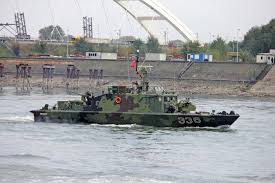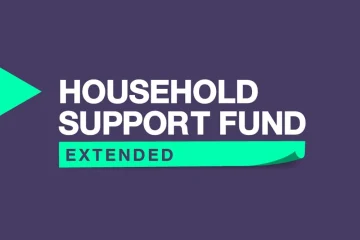Serbia in Turmoil: Mass Protests and Political Crisis Test Nation’s Democratic Future

Political Upheaval Grips Serbia
Serbia is experiencing significant political upheaval following a tragic incident where 15 people died when a concrete canopy collapsed at a railway station in Novi Sad on 1 November 2024. This disaster has catalyzed an anti-corruption movement and sparked widespread student-led protests against the government.
The protests have drawn tens of thousands of participants to the streets, demanding government accountability and anti-corruption reforms. The situation has already led to the resignation of Prime Minister Miloš Vučević, yet tensions continue to mount. This represents the most serious challenge in years to President Aleksandar Vučić’s leadership.
Scale and Significance of Protests
While Serbia has seen frequent protests against widespread corruption and election fraud in recent years, with demonstrations in 2017, 2018, 2020, and 2023, the current wave of protests is unprecedented. They have gathered support from approximately two-thirds of the population and are the largest since 2000, when mass protests helped remove then-president Slobodan Milosevic.
International Relations and Economic Impact
Serbia has maintained a delicate foreign policy balance for nearly two decades, based on cooperation with four pillars – the European Union, Russian Federation, People’s Republic of China, and the United States of America. The year ahead will test Serbia’s ability to navigate these complex international relationships amid growing tensions.
The country’s economy shows signs of moderate growth, with GDP increasing by 2.1% in the second quarter of 2025. However, challenges persist, as some large corporations, particularly in the IT sector, are considering relocating their operations to neighbouring countries due to the abolition of incentives for hiring highly qualified experts.
Future Implications
Serbia remains immersed in a deep political crisis, with the European Union caught between supporting a candidate country for EU membership and addressing concerns about the country’s adherence to European legal standards. While protesters remain determined to stay on the streets until their demands are met, a clear political alternative has yet to emerge. European policymakers are being called upon to support citizens’ efforts to strengthen democratic values in the country.




